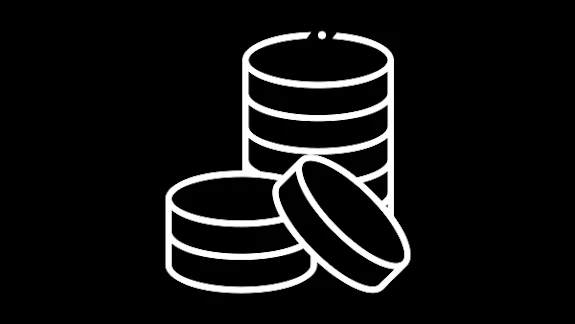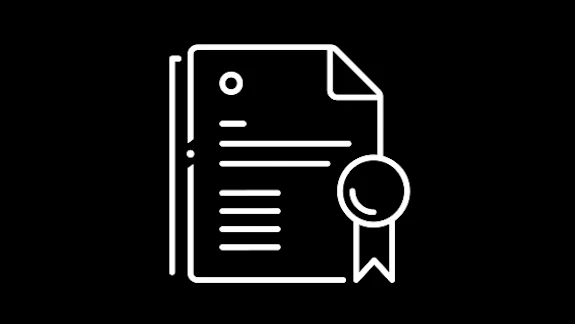|
Fee Type |
Amount (GBP) |
Notes |
|
Registration fee |
£85 |
One-off, paid at the start |
|
Annual subscription |
£130 |
Payable each calendar year |
|
Certificate level exam |
£70 per exam |
Four exams in total |
|
Operational level exam |
£115 per objective test £140 for case study |
Three objective tests and one case study per level |
|
Management level exam |
£115 per objective test £140 for case study |
Same structure as Operational |
|
Strategic level exam |
£115 per objective test £280 for final case study |
Final level before membership |
|
Exemption fees |
Same as the corresponding exam |
Charged if CIMA grants you an exemption |
CIMA Exam Fees (Updated 2025)
If you're planning to take the CIMA qualification, it's important to understand the fees involved. From registration to exam entries, the costs can add up, so having a clear picture early on helps with budgeting and planning. In this guide, we break down the main CIMA exam fees, including what to expect at each stage and tips for keeping costs manageable.
Jump to
The different types of CIMA fees
CIMA fees are divided into several categories:
Registration fee: A one-off cost when you first register with CIMA.
Annual subscription: A recurring fee that keeps your student status active.
Examination fees: Paid each time you sit an exam, varying by level.
Additional fees: Charges for resits, late entries or exemptions.
Each plays a key role in your progression through the qualification, so it’s worth knowing what they cover.

Current CIMA fee structure (as of 2025)
Here’s a breakdown of the typical fees CIMA students can expect:
Prices are accurate at the time of writing but may be subject to change. Always check the CIMA website for the most up-to-date information.
Payment and exam scheduling
All payments are made directly via your MyCIMA account. You can choose your own exam dates for objective tests, which are on-demand and computer-based. Case studies are scheduled four times a year, so planning is essential.
If you miss the booking deadline or need to reschedule, you may incur extra charges. Late entry fees or forfeited payments can increase your overall costs, so staying organised is key.


Additional costs to consider
While the core CIMA fees are fixed, there may be extra expenses to factor in:
Study materials: Books, online resources or tuition courses can vary in price.
Tuition providers: If you choose a training provider like BPP, you’ll pay separately for their courses.
Resits: If you don’t pass the first time, you’ll need to pay again to resit the exam.
Membership fee: Once you pass all exams and gain relevant experience, you’ll need to pay a fee to become a full CIMA member.
These costs can vary depending on your study route, so it’s worth comparing options and planning your budget accordingly.
Tips for managing your CIMA costs
The goal is to spread your costs sensibly and avoid unexpected surprises down the line. Here are a few simple ways to keep costs under control:
Set a study budget early on, including exam fees and learning resources
Use free resources like past papers and CIMA’s student support tools
Avoid resits by giving yourself enough time to prepare properly
Take advantage of offers - some tuition providers offer discounts or bundles
Final thoughts
Taking the CIMA qualification is an investment in your future career—but like any investment, it comes with a cost. Understanding the CIMA exam fees upfront allows you to plan effectively and make the most of your studies. With good preparation and a clear budget, you’ll be in the best position to succeed.Frequently Asked Questions (FAQs)
The overall cost of ACCA vs. CIMA can vary depending on several factors, including your study pace, exam attempts, and tuition choices. Generally, CIMA has a higher annual subscription fee, while ACCA's exam fees may vary. It's best to check the latest fee schedules on each organisation’s official website to make a direct comparison based on your individual circumstances.



